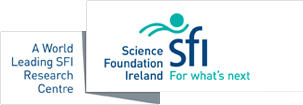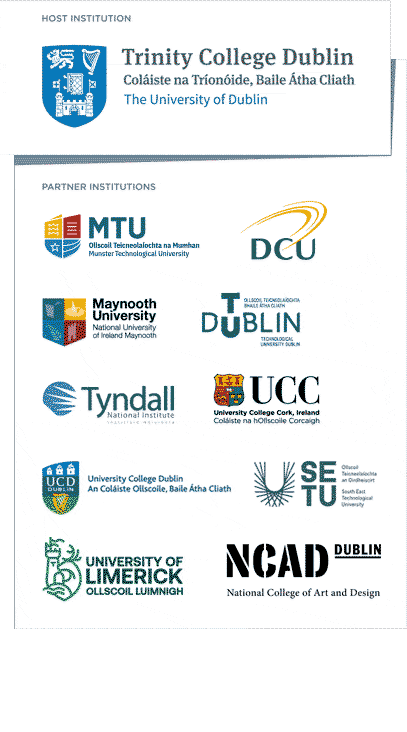
Colin Butler is a Research Fellow at CONNECT in the Bernal Institute, University of Limerick (UL).
How did you get to this point in your life?
From a young age I always had an interest in science and technology, and a need to understand how things worked. I was constantly building or taking things apart, where the phrase of “if it ain’t broke, don’t fix it” didn’t really apply. Undertaking a degree in mechanical engineering was the perfect fit as it allowed me to study a broad range of subjects related to design, analysis and manufacturing. I had an affinity for energy and fluid flow, so continuing into research allowed me to be exposed to the latest state-of-the-art technologies in this field.
How would you explain your research to someone who has no idea about your discipline?
My work is based in the domain of thermal management. This deals with maintaining all parts of equipment functioning within their operating temperature range, not only to ensure good use of energy resources but also to improve reliability and system lifetime. As telecommunications equipment are moving towards greater processing requirements and throughputs, they consume more power and therefore also generate more heat. This is true whether it is a 5G base station or the latest smartphone. This additional heat must be safely and efficiently dissipated to keep things cool and running smoothly.
What is the most challenging element of your work?
As the problem of heat generation affects all elements of a system, it requires detailed knowledge and understanding of how it is put together and how the different elements interact with each other when in operation. This typically means taking into account the final application at the highest level to know what environment it will eventually be used in, while also looking at things in much finer detail like the position of microchips on a printed circuit board or the materials used for making the enclosure. This means I need a multidisciplinary approach spanning various fields to be aware of and contribute to the latest trends in telecommunications technology. I am constantly learning new techniques and methods so it keeps each day both interesting and challenging.
What do you think could be the next defining trend in technology?
In terms of thermal management, 3d printing, particularly with metal materials like aluminium and copper, has the potential to revolutionise this field. By making use of this innovative technology, it allows equipment to be designed and manufactured in a way that was previously not possible with conventional methods. The 3d printing process allows thermal engineers to include more complex geometry or intricate shapes into their designs to significantly improve the rates of heat transfer, while at the same time producing smaller and lighter innovative solutions compared to previous versions.
As part of my own research, I have studied the thermal properties of different 3d printed metals, which can often be very different to standard materials because of the way the manufacturing process takes place. I am also running a project which is investigating the design and testing of different 3d printed metal two-phase thermal management devices in order to investigate which combinations of materials offers the best solutions for the next generation of thermal control systems.
Is there a personal experience that changed how you saw the world?
After completing my PhD studies, I decided to expand my horizons and move outside of Ireland to gain experience both living and working aboard. I found a position in a research lab in the south of France and worked there for a number of years, immersing myself in a different culture and learning a new language (I did German in school!). It opened my eyes to different ways of doing things, not only in terms of lifestyle but also in the work environment and seeing new ways of doing things. It was a very beneficial experience and allowed me to step back and reflect on both the positives and negatives of each system, and is something I highly recommend everyone should do for a few years if they get a chance!
CONNECT is the world leading Science Foundation Ireland Research Centre for Future Networks and Communications. CONNECT is funded under the Science Foundation Ireland Research Centres Programme and is co-funded under the European Regional Development Fund. We engage with over 35 companies including large multinationals, SMEs and start-ups. CONNECT brings together world-class expertise from ten Irish academic institutes to create a one-stop-shop for telecommunications research, development and innovation.
Homepage FeatureHumans of CONNECT


